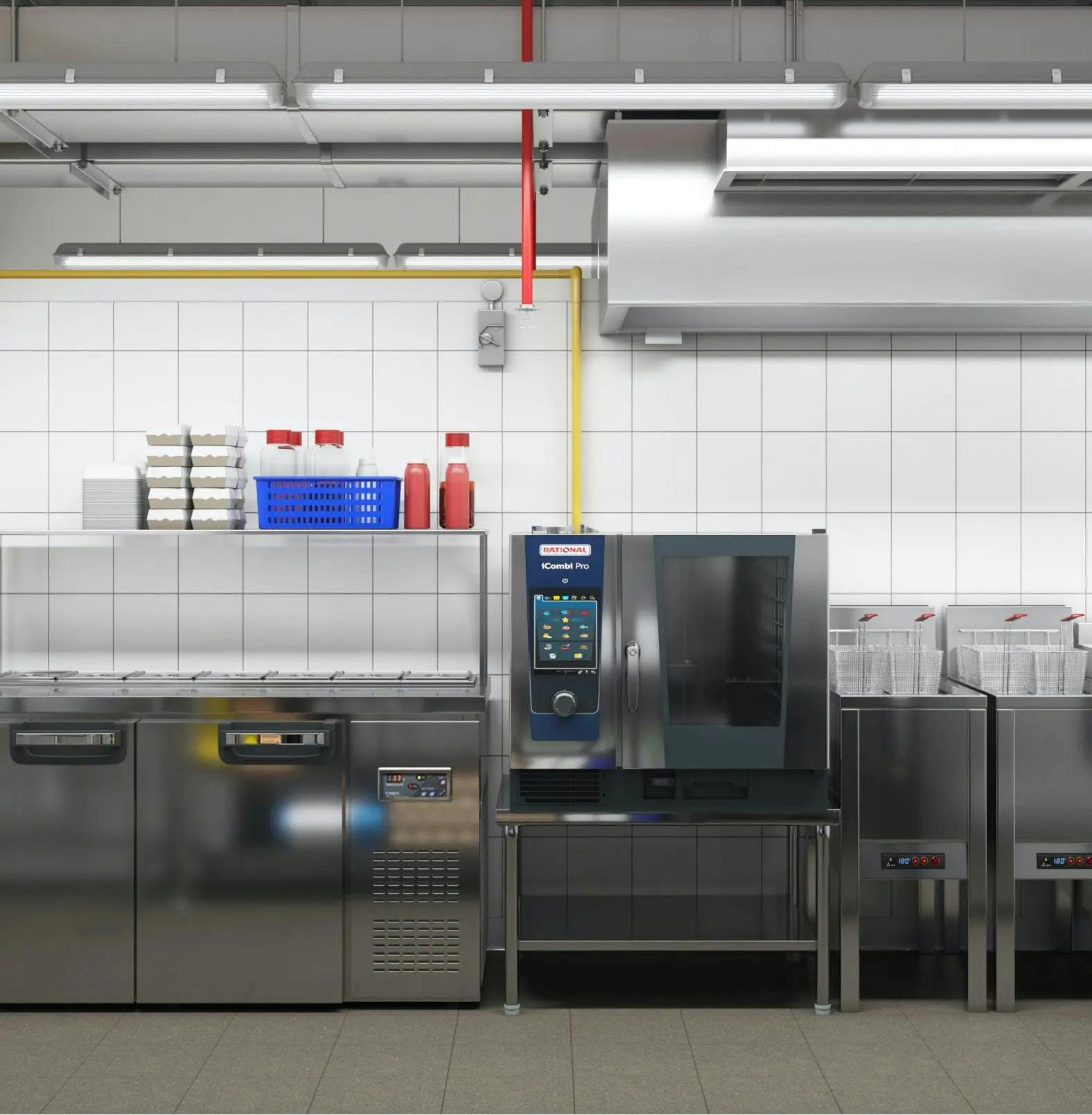Sustainability isn’t just a trend—it’s a crucial element for our planet and business longevity. According to a new Bain & Company report, 90% of consumers in Asia-Pacific are willing to spend a premium on sustainable products. Still, many don’t buy them due to a lack of information, trust, or availability. This shows that sustainability is not only a virtue for the environment but also a huge opportunity for your bottom line. By closing the gap between consumers’ intent and action, you can attract more customers, cut costs, and make a positive difference.
Curious about how your restaurant can ride this wave of sustainability and profitability? Explore actionable tips and best practices in our guide, and let’s dive into practical strategies that not only benefit the planet but also enrich your business.
Reduce food waste
In the food industry, addressing the colossal issue of food waste is paramount. Shockingly, one-third of all food produced globally for human consumption ends up lost or wasted, amounting to a staggering 1.3 billion tonnes annually—a value of around US$1 trillion. Singapore contributes to this dilemma, with food waste making up 11% of total generated waste, with a mere 18% being recycled.
This isn’t just an environmental concern; it directly impacts your profits. Studies show that restaurants pay $162 billion in waste every year, and wasted food accounts for 5.6% of total sales in the average food service setting. By reducing food waste by just one percentage point, establishments can save $10,000 per year and increase their profitability by 6.6%.
Ready to cut down on food waste in your restaurant? Consider these actionable steps:
- Smart Management: Implement a smart kitchen management system to track inventory, sales, and waste data. This insightful tool helps pinpoint sources and causes of food waste, enabling corrective actions.
- Menu Optimisation: Utilise data analytics to understand customer preferences and demand patterns. Adjust your menu and portion sizes accordingly, and consider offering customisable dishes to minimise leftovers.
- Give Back: Partner with local organisations like Food Bank Singapore or SG Food Rescue to donate surplus food to those in need. Alternatively, compost organic waste and use it as fertiliser for your own or community gardens.
Use energy-efficient equipment and practices
Energy consumption is another major source of environmental impact and operational costs for restaurants. According to the Energy Market Authority of Singapore, the food and beverage sector consumed about 4.2% of the total electricity in the country in 2023, amounting to approximately S$420 million in electricity bills.
To curtail costs and align with sustainability, adopting energy-efficient equipment and practices proves pivotal. Consider the following measures:
- Switch to LED lighting: LED lights use up to 80% less energy and last up to 25 times longer than incandescent bulbs. They also produce less heat, which can reduce your cooling costs.
- Upgrade to energy-efficient appliances: Prioritise appliances adorned with the Energy Star label, ensuring compliance with stringent energy efficiency standards set by the US Environmental Protection Agency and the US Department of Energy. Singapore’s own appliance efficiency ratings, ranging from one to five ticks, further guide your selection, with five ticks denoting superior efficiency.
- Integrate smart control: Implement smart thermostats and sensors to regulate your restaurant’s temperature and lighting in response to occupancy levels and the time of day. This control mechanism prevents unnecessary energy expenditure in unoccupied areas and therefore minimises wastage.
Source locally and ethically
The impact of the food served in your restaurant extends far beyond the plate, influencing both the environment and society. From cultivation to consumption, every step in the food supply chain plays a role in greenhouse gas emissions, water usage, land degradation, and biodiversity loss. Equally important is the effect on the livelihoods and well-being of the farmers, workers, and communities involved.
Opting for local and ethical sourcing is not just a choice; it’s a commitment to positive change. Here’s why embracing this approach can make a real difference:
- Slashing your food miles and shrinking your carbon footprint: Embrace local producers to shorten the distance and time your food takes from farm to fork, resulting in fewer fuel and emission inputs. Locally grown vegetables boast a lower carbon footprint compared to their imported counterparts.
- Revelling in freshness and superior quality: Forge connections with local producers to guarantee the freshness and high quality of your ingredients. Eliminate the need for prolonged and intricate supply chains that may compromise safety and taste. Your commitment to quality will not only elevate the dining experience but also foster customer satisfaction and loyalty.
- Empowering local farmers and uplifting communities: Partner with local producers to bolster their income and livelihoods, contributing to the social and economic prosperity of your region. Beyond financial support, this fosters trust, builds relationships with suppliers, and provides increased transparency and traceability for your food sources.
Jumpstart Your Restaurant’s Journey to Sustainability
Making your restaurant more sustainable and profitable is not only possible but also necessary in today’s world. By implementing the tips and best practices we have shared, you can attract more customers, cut costs, and make a positive difference for the planet and the people.
If you need help managing your restaurant operations, contact us at Smart City Kitchens, a premier provider of cloud kitchens and food delivery solutions in Singapore. We can help you optimise your kitchen efficiency, reduce your overheads, and grow your customer base. Get in touch with us today to find out more!
